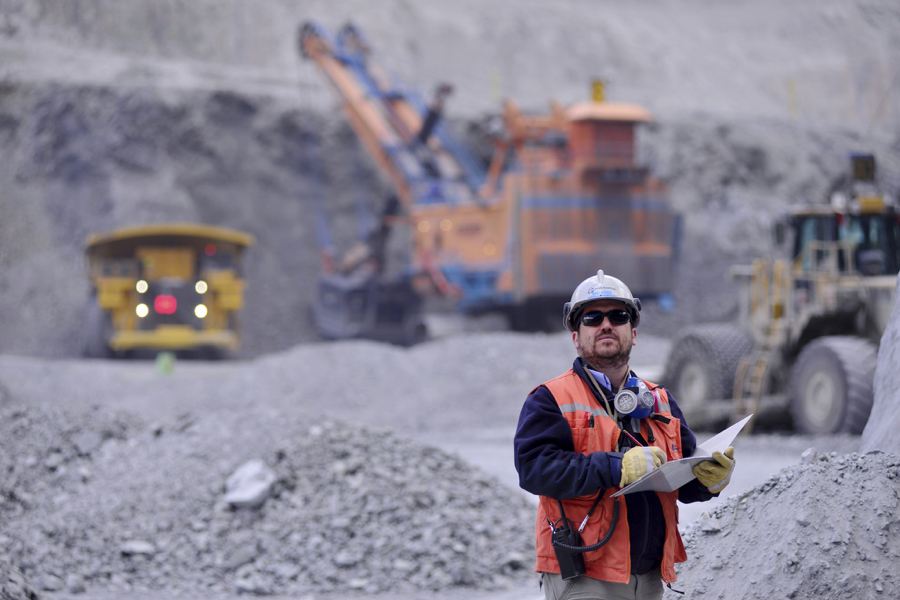Anglo American says output on track at Chilean mines despite virus surge

A resurgence of Covid-19 in Chile should not dampen output at Anglo American’s sprawling copper mines in the Andean nation this year, nor is it likely to pose near-term supply chain problems, the company’s top executive in Chile told Reuters.
Aaron Puna, who took over as CEO of Anglo American in Chile in 2019, said its Chilean operations had weathered the pandemic in top shape, and said they were well-prepared to confront the latest surge in cases and restrictions.
“No concerns at this point,” Puna said in an interview. “We’re expecting…we’ll deliver exactly as budgeted.”
Anglo was the worst hit among its peers by coronavirus lockdowns in 2020
Chile cases spiked this week to pandemic highs, bringing hospitals to near collapse and prompting authorities to lock down Santiago, the capital, and close the South American nation’s borders.
Puna said he didn’t anticipate near-term issues with output, shipping or supply chain despite the latest round of restrictions. “We haven’t got any red flags or concerns around what we see in…the next eight weeks or so,” he said.
Anglo was the worst hit among its peers by coronavirus lockdowns in 2020, including in countries such as South Africa and Botswana, though its Chile operations emerged largely unscathed.
Collahuasi, a partnership between Anglo, Glencore and Japan’s Mitsui & Co, boosted its production in 2020 by 11% year-on-year, according to Chile copper agency figures, while the Anglo American Sur division, which includes Los Bronces, saw output slip just 5%.
Anglo American also remained on track, Puna said, for decisions from Chilean environmental regulators on permits for high-profile operational continuity projects at its Los Bronces mine near Santiago and at Collahuasi.
Puna said the company was preparing to submit additional data to regulators in April to ensure “transparency” around the miner’s claims that its Los Bronces continuity project would not impact glaciers or the water supply of nearby Santiago, key concerns of local communities and activists.
“Fresh water should be for human consumption,” Puna told Reuters. He said the company would put finishing touches this year on a plan to “transition in the middle of this decade to non-freshwater sources for Los Bronces.”
“We don’t see that we’ll be using fresh water beyond basically 2027,” he said.
(By Dave Sherwood and Fabian Cambero; Editing by Leslie Adler)
More News
{{ commodity.name }}
{{ post.title }}
{{ post.date }}




Comments